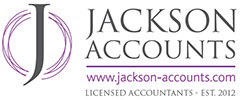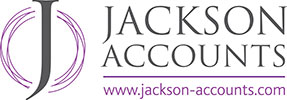Further relaxation of self-assessment thresholds announced
The government has announced changes to the threshold at which some taxpayers need to complete a tax return. What’s the full story?

The criteria for the requirement for self-assessment varies between different types of taxpayer. Previously, self-employed traders have enjoyed a turnover threshold of £1,000 with no requirement to register. HMRC has previously announced that the gross income threshold at which sole traders need to complete a tax return will increase from £1,000 to £3,000 before the end of 2029. Until now, it was unclear whether this would apply to other taxpayers.
The government has now confirmed that it will also increase similar thresholds for taxpayer’s with the following sources of income:
- property income, where the profit limit will increase from £2,500 to £3,000 (the gross income limit of £10,000 will remain unchanged); and
- other taxable income, which will increase to £3,000 from the current £2,500.
Note. The threshold only applies to the reporting of income, and some affected individuals will still have an income tax liability. HMRC intends to launch a simple online service to collect the tax and will be providing further details on this later in the year.
Related Topics
-
Pay self-assessment tax
-
HMRC updates advisory fuel rates from 1 March 2026
HMRC has published the latest advisory fuel and electric rates (AFRs) for company cars, effective from 1 March 2026. Several rates have changed since the previous quarter. What should employers be aware of?
-
5 April deadline approaching for key tax relief claims
With the end of the 2025/26 tax year now less than seven weeks away, business owners and company directors should remember that several valuable reliefs and elections must be made before 5 April. Which opportunities are about to close?


 This website uses both its own and third-party cookies to analyze our services and navigation on our website in order to improve its contents (analytical purposes: measure visits and sources of web traffic). The legal basis is the consent of the user, except in the case of basic cookies, which are essential to navigate this website.
This website uses both its own and third-party cookies to analyze our services and navigation on our website in order to improve its contents (analytical purposes: measure visits and sources of web traffic). The legal basis is the consent of the user, except in the case of basic cookies, which are essential to navigate this website.